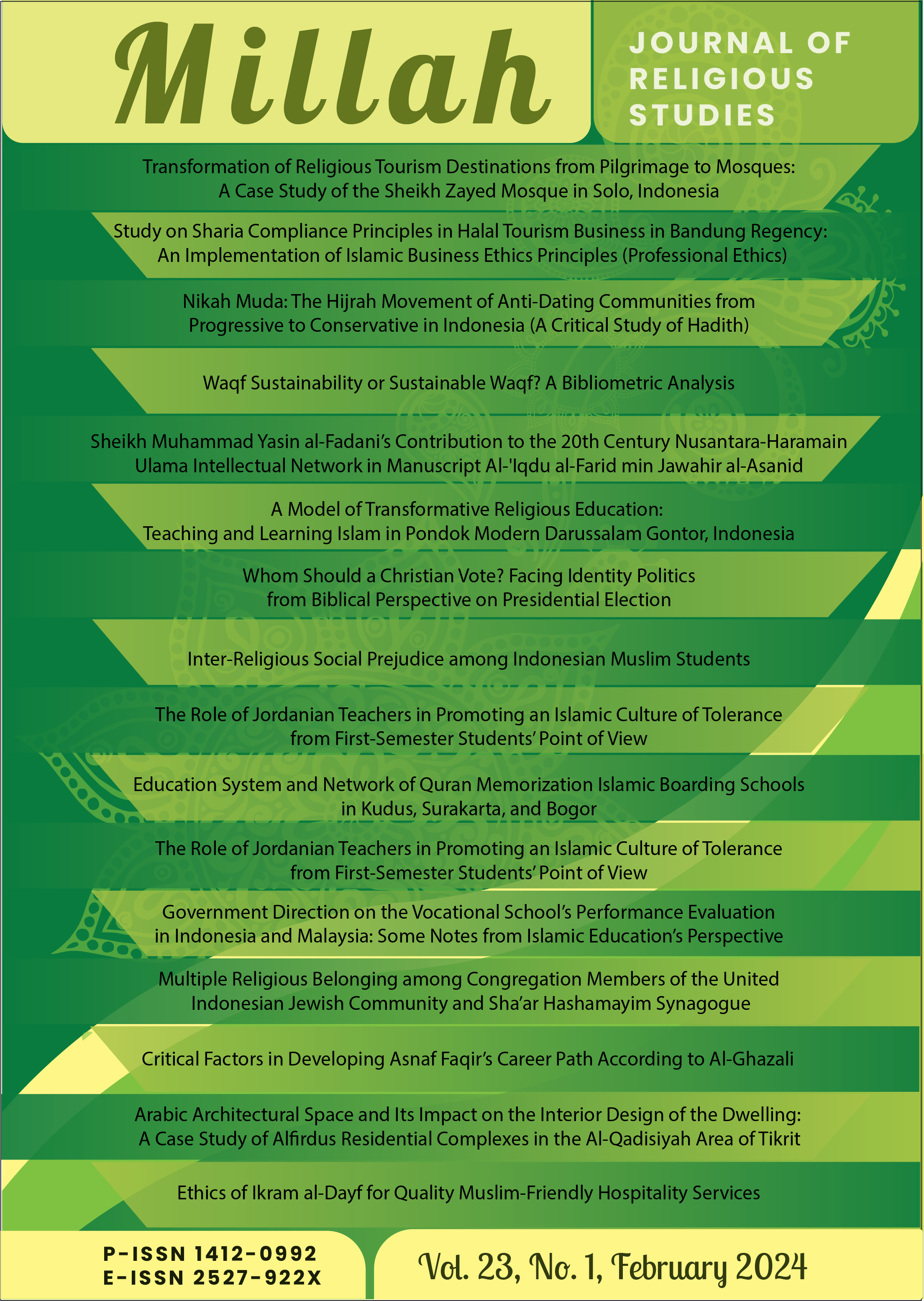Main Article Content
Abstract
Research on waqf sustainability is increasing in popularity, showing exponential growth in publication and citation numbers. The realm of research has grown intricate and fragmented, thereby posing a growing challenge to the regulation of waqf sustainability. The main purpose of this study is to organise and integrate the preliminary studies on the theme of waqf sustainability. To this end, this study involved bibliometric analysis, distinguishing it from previous analyses, which were outdated and/or different focus. We collected 84 articles extracted from Scopus and Web of Science (WoS) databases, covering 20 years from 2001 to 2022. The findings showed that the most prolific authors were from Malaysia. There are five research themes regarding waqf sustainability, including the accountability of Islamic social finance as a third-sector economy, the sustainability of Islamic microfinance, the role of intellectual capital in waqf institutions, the effectiveness of management, and the performance measurement of waqf institutions. This study shows that the performance of waqf institutions for waqf sustainability is scant. Hence, there is an important research gap that can be addressed in future research since sustainability is a priority agenda as outlined in the Sustainable Development Goals (SDGs) blueprint.
Keywords
Article Details

This work is licensed under a Creative Commons Attribution-ShareAlike 4.0 International License.




